Anxiety is frequently mischaracterized as merely a mental health issue, yet its repercussions extend throughout the body, negatively affecting physical health and overall well-being. The mind and body are closely connected, with increased stress responses influencing chronic health issues. Grasping this relationship is vital for achieving holistic wellness.
At Lifestyle Independence, we acknowledge the combined effects of anxiety on both mental and physical health. Our state-of-the-art programs, based on personalized care and innovative methods, offer comprehensive strategies to restore equilibrium and promote recovery.
The Physical Manifestations of Anxiety
Anxiety affects the body significantly, so recognizing its symptoms is crucial for seeking timely care and improving overall well-being.
Cardiovascular Strain
When anxiety turns on this fight-or-flight response, it releases adrenaline, causing heart rate and blood pressure to rise rapidly. This readies the body for immediate dangers but can keep these systems charged with sustained anxiety, increasing the chance of heart disease and high blood pressure. Long-term stress can further develop symptoms of palpitations, chest pain, and shortness of breath that are similar to life-threatening conditions, which can heighten anxiety.
Effective interventions for these symptoms involve implementing stress management and relaxation techniques. These approaches help alleviate pressure on the heart and promote better cardiovascular health.
Digestive Distress
Anxiety can bring a gut-brain connection and usually presents with symptoms related to the gastrointestinal system. This is characterized by nausea, cramping, and diarrhea, among gastrointestinal disturbances. Chronic stress may trigger exacerbation toward IBS and result in malabsorption of essential nutrients.
Integrate nutritional guidance and mindfulness practices to improve gut health and address the effects of anxiety on digestion.
Muscle Tension and Pain
Anxiety-induced muscle tension can result in chronic pain, particularly in the neck, shoulders, and back. Persistent tension often leads to tension headaches and contributes to physical fatigue.
At Lifestyle Independence, our therapies integrate relaxation practices, including progressive muscle relaxation and yoga, to alleviate these physical effects and enhance flexibility and comfort.
Immune System Suppression
Chronic stress from anxiety increases cortisol levels, which can suppress the immune system. This makes the body more vulnerable to infections and slows healing. Long-term immune suppression can contribute to inflammatory diseases, compounding health issues.
Our programs emphasize strengthening the body’s resilience through lifestyle adjustments, physical activity, and stress-reduction practices tailored to individual needs.
Lifestyle Independence’s Comprehensive Care for Anxiety At Lifestyle Independence, we go beyond treating the symptoms of anxiety. Our programs address the root causes and equip clients with the tools to thrive physically and emotionally.
Crisis Interventions
Acute anxiety can feel overwhelming and unmanageable. Our Crisis Interventions offer immediate support to stabilize emotions and provide actionable steps for relief. These interventions are designed to diffuse high-stress situations while setting the stage for long-term recovery.
Parent Support & Coaching
Parents often feel lost when their children struggle with anxiety. Our Parent Support & Coaching programs empower families with tools to understand and navigate these challenges. From teaching grounding exercises to fostering independence, we help parents build trust and resilience within the family dynamic.
Counseling & Mentoring
Through one-on-one Counseling & Mentoring, clients receive tailored strategies to address anxiety’s mental and physical impacts. Focusing on cognitive behavioral therapy (CBT) and mindfulness practices, we help individuals develop healthier coping mechanisms that extend into daily life.
Adventure Mentoring
Adventure Mentoring combines the therapeutic benefits of nature with structured activities designed to reduce stress and promote physical health. Engaging in outdoor experiences builds confidence and resilience while providing a refreshing environment to manage anxiety.
Strategies for Managing Anxiety’s Physical Effects
While professional care is essential, implementing effective daily strategies can enhance physical and emotional well-being.
Focused Breathing
Controlled breathing can regulate the nervous system during moments of stress. A simple practice involves inhaling through the nose for four counts, holding for four counts, and exhaling through the mouth for six counts. This technique lowers heart rate and blood pressure, fostering calm.
Movement and Physical Activity
Exercise reduces stress hormones like cortisol and increases endorphins, the body’s natural mood elevators. Yoga, swimming, and brisk walking improve physical health while relieving anxiety.
Mindful Nutrition
Anti-inflammatory diets can offer benefits that may reduce some physical symptoms of anxiety. Include foods rich in omega-3 fatty acids, antioxidants, and magnesium for overall brain and body health. Limit caffeine and sugar to avoid energy spikes that lead to jitters.
Sleep Optimization
Sleep is crucial for emotional and physical recovery. Establish a calming pre-sleep routine, such as reading or meditating, to signal your body to wind down. A consistent sleep schedule helps regulate cortisol levels, promoting resilience.
Take the First Step Toward Wellness
The effect of anxiety on physical health is significant but can be controlled with the proper support. At Lifestyle Independence, we focus on comprehensive care that tackles both the mental and physical aspects of anxiety. Our services are tailored to fit clients’ needs, from short-term solutions to ongoing guidance.
Call For More Information
Ready to take the next step towards achieving lasting recovery and a more balanced life? Reach out to us at LifestyleIndependence today! Our dedicated team is here to guide you on this transformative journey.
Together, we can unlock your full potential and create a sustainable path to well-being. Don’t wait—contact us now, and let’s begin this empowering journey together.
FAQs
Anxiety affects the cardiovascular, digestive, muscular, and immune systems, often leading to symptoms like heart palpitations, stomach pain, and fatigue.
Common symptoms include rapid heartbeat, muscle tension, digestive issues, headaches, and frequent illness due to weakened immunity.
We provide tailored programs that combine therapy, stress management, and physical wellness practices to tackle anxiety’s root causes and physical effects.
Yes, incorporating breathing techniques, regular exercise, balanced nutrition, and proper sleep can significantly reduce anxiety’s impact on the body.
Parents can offer reassurance, teach grounding techniques, and seek professional support through programs like Lifestyle Independence’s Parent Support & Coaching.
